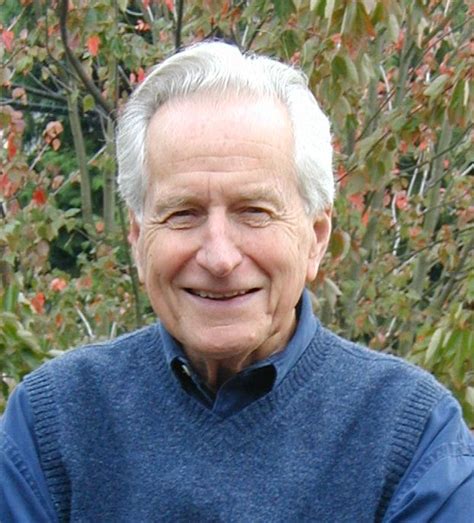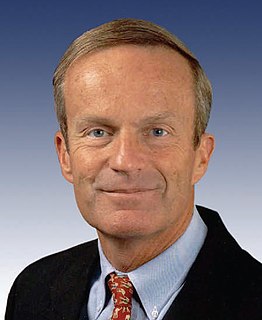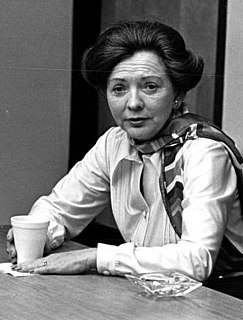A Quote by John Goodlad
It is my expectation that Teacher Education for Democracy and Social Justice will become a rich resource for continuing this multi-layered conversation-from democratic belief to democratic action-that is the hallmark of educational renewal.
Related Quotes
Changing the structure and rules of the global economy will require a mass movement based on messages of compassion, justice, and equality, as well as collaborative and democratic processes ... If we stay positive, inclusive, and democratic, we have a truly historic opportunity to build a global movement for social justice.
What we are seeing in cities such as Chicago, Athens and other dead zones of capitalism throughout the world is the beginning of a long struggle for the institutions, values and infrastructures that make critical education and community the center of a robust, radical democracy. This is a challenge for young people and all those invested in the promise of a democracy that extends not only the meaning of politics, but also a commitment to economic justice and democratic social change.
Education in democracy must be carried on within the Party so that members can understand the meaning of democratic life, the meaning of the relationship between democracy and centralism, and the way in which democratic centralism should be put into practice. Only in this way can we really extend democracy within the Party and at the same time avoid ultra-democracy and the laissez-faire that destroys discipline.
I think some people have blind faith in American institutions without knowing a whole lot about them and think they will stand up to Donald Trump and are indestructible. I actually think democracy is not a definable and achievable state. Any country is either becoming more democratic or less democratic. I think the United States hasn't tended to its journey toward democracy in a long time. It's been becoming less democratic, and right now it's in danger of becoming drastically less democratic.
Change from below, the formulation of demands from the populace to end unacceptable injustice, supported by direct action, has played a far larger part in shaping British democracy than most constitutional lawyers, political commentators, historians or statesmen have ever cared to admit. Direct action in a democratic society is fundamentally an educational exercise.
I believe Tunisia and Egypt should look to Turkey and see what not to do. Turkey seems to be a secular and democratic country but it is only a show. We are losing the effectiveness of democratic institutions like parliament and judiciary. They now are turning into tools for the benefit of a president-ordering system. A democratic government is possible only on a comprehensive democratic base surrounded by the participatory action of ordinary people.
There is no genuine democracy without an informed public. While there are no guarantees that a critical education will prompt individuals to contest various forms of oppression and violence, it is clear that in the absence of a formative democratic culture, critical thinking will increasingly be trumped by anti-intellectualism, and walls and war will become the only means to resolve global challenges.

































